System Integration
SERVICES
AZFO (App Zone For Online) may specialize in helping organizations with system integration by offering a range of services and solutions for streamlining and automating business processes.
AZFO (App Zone For Online) excels in delivering top-notch system integration services, combining expertise in data integration, application integration, cloud integration, process automation, security integration, and API management
By addressing challenges like compatibility, scalability, and security while ensuring seamless troubleshooting and unlocking significant benefits such as enhanced efficiency, automation, and data accuracy, AZFO proves to be the ideal partner for businesses looking to modernize and streamline their IT ecosystems.
With a focus on innovation and tailored solutions, AZFO ensures your systems work in harmony, driving success and agility in today’s competitive digital landscape.

AZFO SERVICES
App Zone For ONLINE
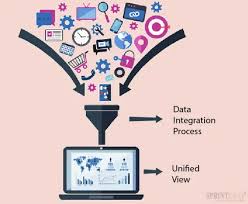
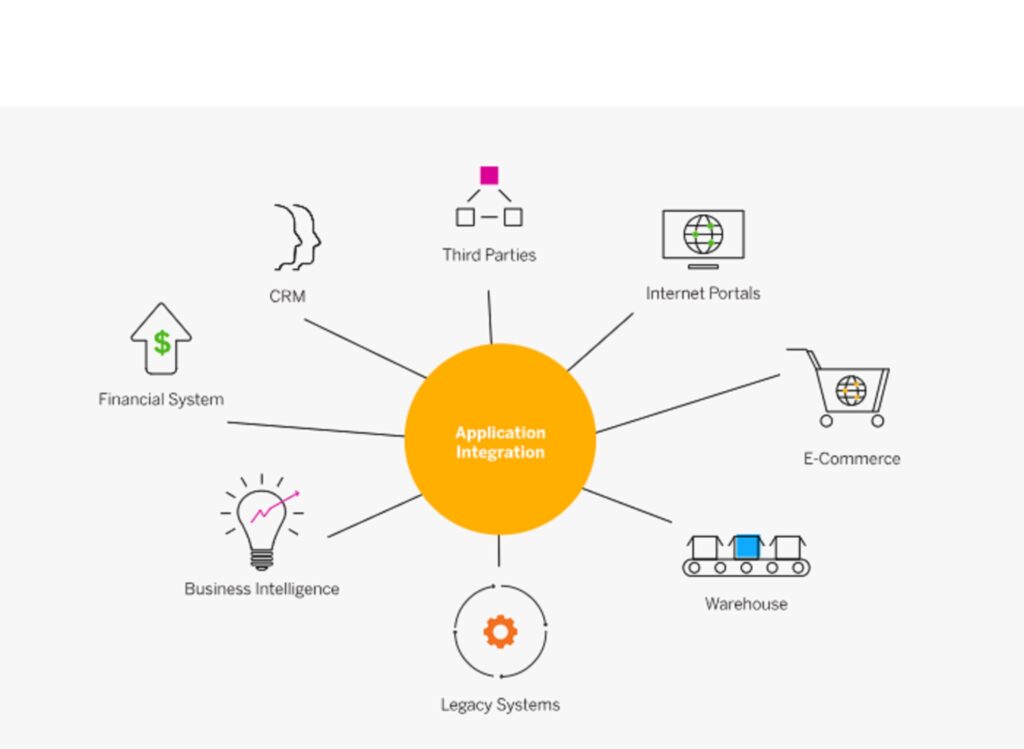
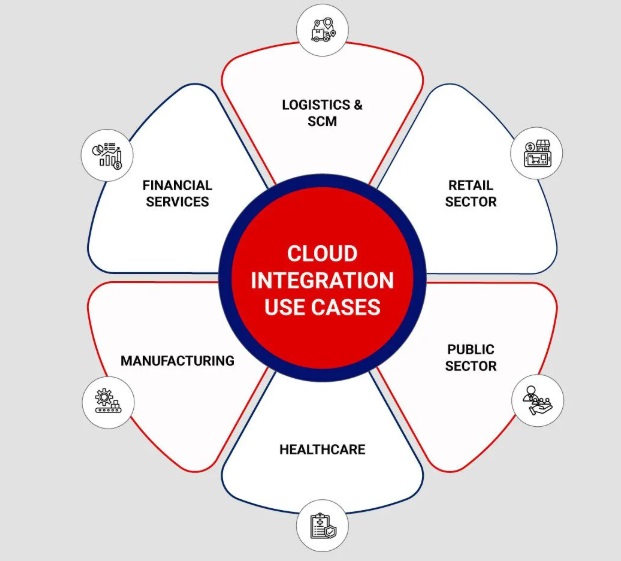
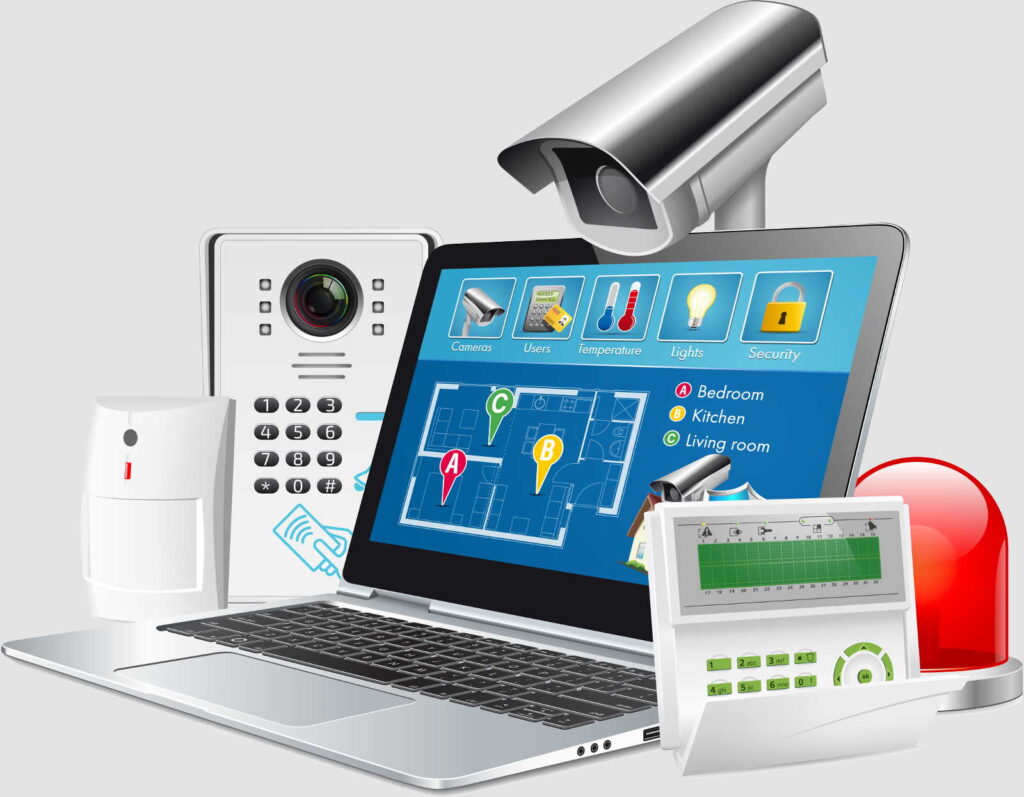
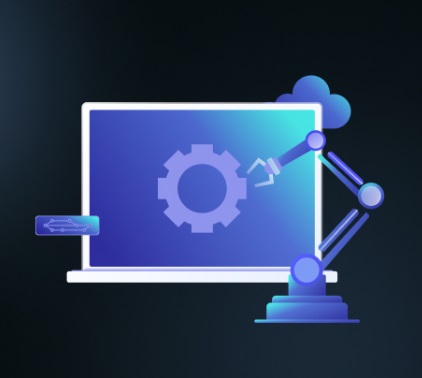
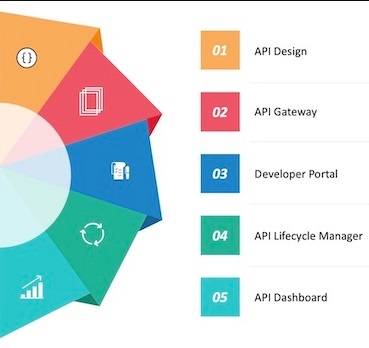

Data Integration
Data Integration
- Handling inconsistent data formats across different systems.
- Ensuring secure data transfer between systems without loss.
- Managing large volumes of data and reducing the risk of data corruption.
- Detecting and resolving data synchronization issues between systems.
- Identifying mismatches in data types, ensuring compatibility between platforms.
- Addressing data duplication and inconsistencies between integrated applications.
- Unified and accurate data across all systems.
- Real-time access to consolidated data for faster decision-making.
- Reduced manual data entry and lower errors by automating data sharing.
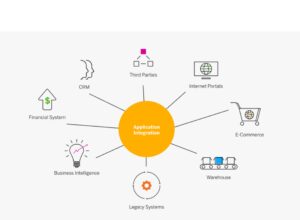
Application Integration
Application Integration
- Dealing with software platforms that use different protocols and APIs.
- Addressing challenges when integrating legacy systems with modern solutions.
- Ensuring scalability as the number of integrated applications grows.
- Diagnosing issues with software incompatibilities or missing connectors.
- Investigating failed API connections or broken workflows.
- Resolving integration conflicts in multi-cloud environments.
- Enhanced communication and collaboration between different applications.
- Streamlined workflows by automating data and task sharing across systems.
- Flexibility to add new applications without disrupting existing processes.
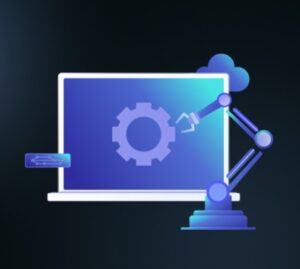
Automation Integration
Automation Integration
- Mapping complex workflows and automating inter-system communication without manual intervention.
- Addressing legacy system limitations that may prevent automation.
- Ensuring proper handling of exceptions or errors in automated processes.
- Debugging broken or incomplete workflows between integrated systems.
- Identifying issues in system triggers and task automation failures.
- Resolving process bottlenecks that slow down automation.
- Reduced operational costs by eliminating manual, repetitive tasks.
- Faster execution of business processes, enhancing productivity.
- Consistent results through automated processes with fewer human errors.
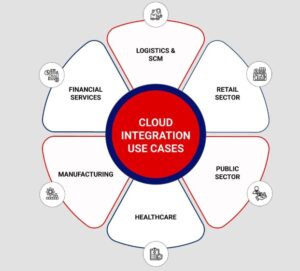
Cloud Integration
Cloud Integration
- Managing different cloud service providers with varying infrastructures and security protocols.
- Ensuring that cloud systems can interact with on-premise solutions smoothly.
- Handling latency and performance issues when syncing between on-premise and cloud.
- Identifying connection problems between cloud platforms and local environments.
- Debugging issues in cloud-based application deployments.
- Resolving authentication and access control issues in hybrid cloud scenarios.
- Scalable and flexible IT infrastructure.
- Easier access to cloud resources and services that improve business agility.
- Cost savings by leveraging cloud resources instead of on-premise infrastructure.
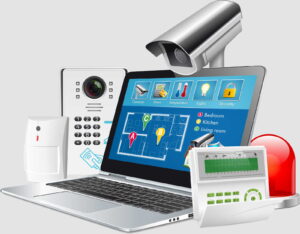
Security Integration
Security Integration
- Ensuring consistent security protocols across multiple systems.
- Protecting sensitive data during the integration process to avoid vulnerabilities.
- Managing user access and permissions across integrated systems without confusion.
- Identifying gaps in security protocols and weak points in the integration.
- Investigating breaches or unauthorized access issues due to system connections.
- Resolving issues related to authentication and data encryption mismatches.
- Enhanced security through centralized and integrated security management.
- Improved data protection by ensuring encrypted communication between systems.
- Simplified compliance with regulatory standards through unified security measures.
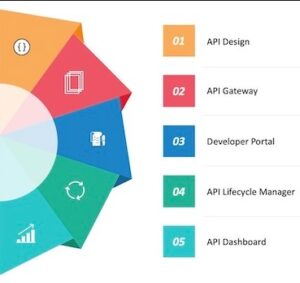
API Management
API Management
- Managing and monitoring a large number of APIs, especially in a microservices architecture.
- Ensuring that APIs are compatible with each other while maintaining system integrity.
- Handling the risk of downtime or failure due to overloaded or poorly managed APIs.
- Identifying API failures or downtime that impact integrated systems.
- Resolving issues with API rate limits and service interruptions.
- Debugging API responses and ensuring proper error handling between connected systems.
- Improved scalability by leveraging reusable APIs across various services.
- Faster integration between applications and third-party services using standardized interfaces.
- Better control and monitoring over how APIs interact with various systems.
If you’d like to contact us and get in touch with us requesting any of our services, or quotations you can do so by phone, email or by post. If you email us, we’ll always contact you within 1 working day.

